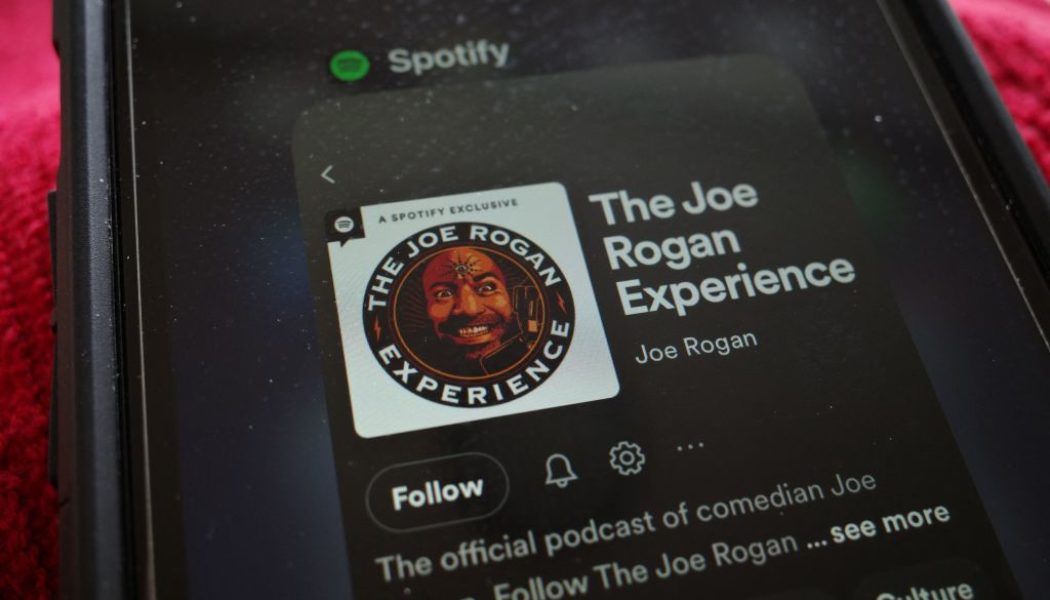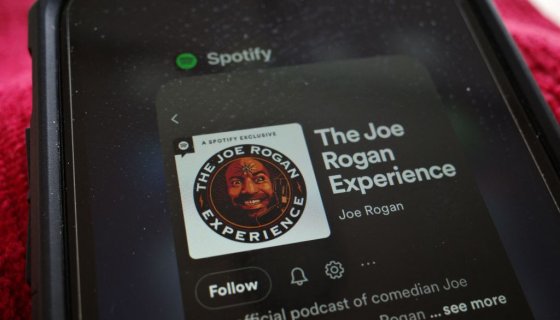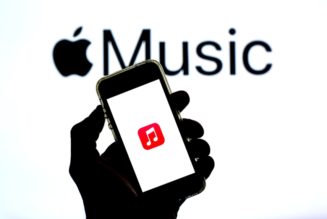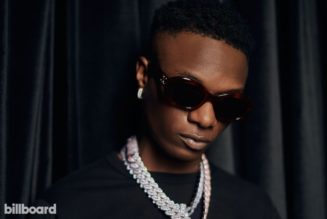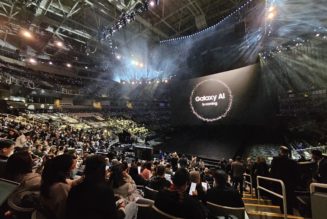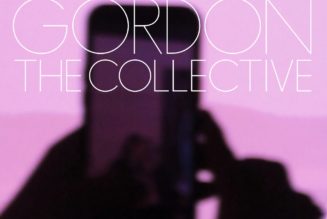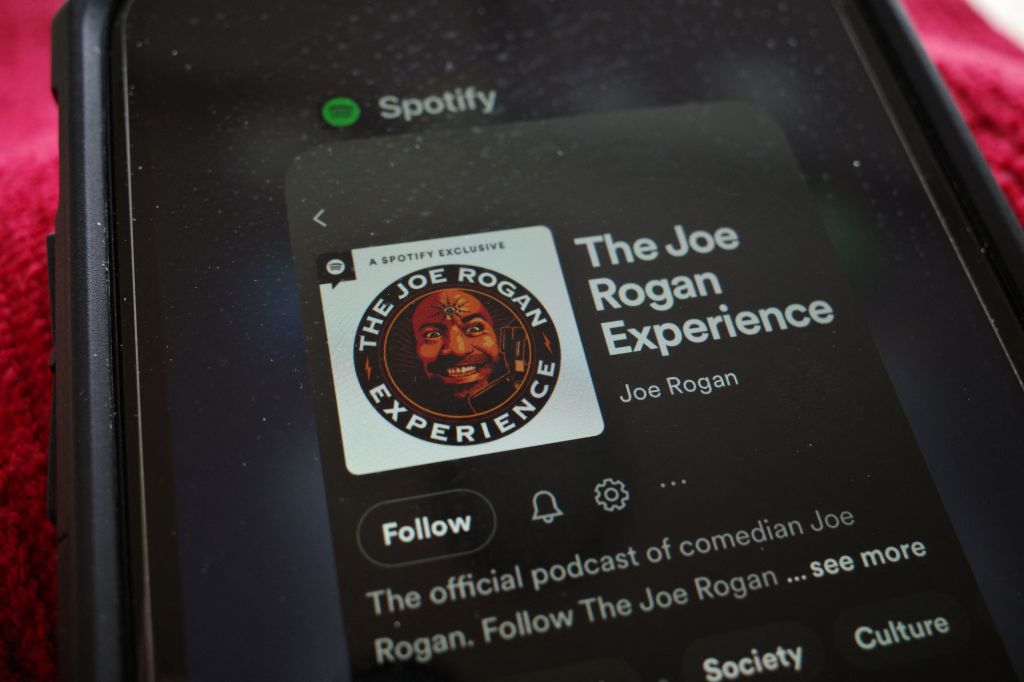
Source: MANDEL NGAN / Getty
Spotify has found itself under high scrutiny over reports that diversity funds created after Joe Rogan’s controversial deal have yet to be doled out.
According to reports, the Creator Equity Fund which was created by Spotify Technology SA in the wake of staff being upset over the expensive deal Joe Rogan signed for his podcast has been barely touched. The fund, which contains $100 million, was meant “for the licensing, development, and marketing of music (artists and songwriters) and audio content from historically marginalized groups.” The report estimates that based on data from Parcast, a podcasting network at the company, “less than 10% of its funding” has been spent towards that goal.
Sources for the report said that multiple factors are to blame and “has suffered from shifting priorities,” with the project behind schedule in hiring an eight-person committee to oversee the spending and not even completing their budget for 2023 among them. The $100 million was slated to be spent over a period of three years, but Spotify did not have a set infrastructure in place to vet and allocate money from the fund.
The fund was announced by Spotify’s CEO Daniel Ek in February 2022 after employees at the streaming giant expressed their displeasure over Rogan signing a distribution deal for his controversial The Joe Rogan Experience podcast. The deal was first believed to be worth $100 million, but it was later reported to be worth over $200 million. In addition, Ek refused to nullify the deal even after the removal of 70 previous episodes of the podcast where the N-word and other racially charged terms were used. The backlash from employees was initially sparked by artists offended by Rogan’s behavior which included Neil Young, who objected to his spreading of disinformation about COVID-19.
A representative for Spotify responded to the reports via email, refusing to comment on the details of the fund but saying it has spent more than the 10% percent that’s been reported. “The Spotify Creator Equity Fund is dedicated to a variety of initiatives that help elevate and support an inclusive and diverse portfolio of artists and creators on the platform,” they wrote. “We are able to empower and uplift underrepresented voices around the world.” They also cited projects they’ve supported such as the LGBTQ music promotion program Glow, marketing campaigns for Black artists like Kaytranada, and an expanded relationship with HBCUs such as Spelman College in Atlanta, Georgia.
